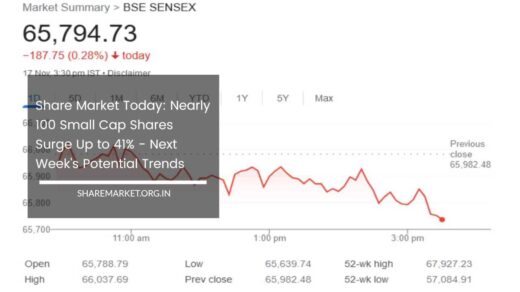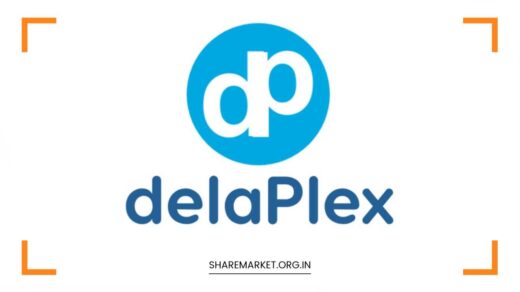Niva Bupa Health Insurance IPO: Price Band Set, Rs 2200 Crore IPO Opens November 7

Niva Bupa Health Insurance IPO
Niva Bupa Health Insurance Company Sets Price Band for Upcoming ₹2,200 Crore IPO Opening November 7
Niva Bupa Health Insurance Company is gearing up for its much-anticipated initial public offering (IPO), which is scheduled to open for subscription on November 7, 2023.
The company has fixed the price band for its public issue at ₹70 to ₹74 per share, with the total issue size amounting to ₹2,200 crore.
This IPO represents a significant move for the private health insurer as it aims to bolster its capital base and support its growth strategies in the competitive health insurance sector.
Key Details of the IPO
The Niva Bupa IPO will consist of two primary components: a fresh issue of equity shares worth ₹800 crore and an offer for sale (OFS) of ₹1,400 crore from its existing promoters.
The offer for sale will see significant participation from Bupa Singapore Holdings PTE, which plans to divest shares worth ₹350 crore, and Fetal Tone LLP, a subsidiary of the global private equity firm True North, which will sell shares valued at ₹1,050 crore.
For potential investors, the IPO is a timely opportunity to invest in a company that has shown resilience and growth potential in the health insurance market.
The IPO will open for anchor investors on November 6, allowing them to place bids before the general public subscription begins.
The offering is set to close on November 11, with share allotment expected to be finalized by November 12, and trading anticipated to commence on November 14.
Shareholding Structure and Background
Niva Bupa’s shareholding structure is dominated by its promoters, who collectively hold a substantial 89.07% stake in the company.
Within this, Bupa Singapore Holdings PTE controls 62.19% of the shares, while Fetal Tone LLP holds a 26.80% stake.
This strong promoter backing is crucial as it provides investors with confidence in the company’s governance and strategic direction.
Among public shareholders, India Business Excellence Fund IV emerges as the largest stakeholder with a 2.81% stake, followed by V-Sciences Investments PTE with 2.60%.
Other notable shareholders include SBI Life Insurance Company, which holds a 1.3% stake, and A91 Emerging Fund II LLP with 1.03%.
This diversified shareholder base is indicative of the growing interest in Niva Bupa as a key player in the Indian health insurance landscape.
Financial Performance Overview
In recent financial performance, Niva Bupa has demonstrated impressive growth. For the fiscal year 2024, the company reported a net profit of ₹81.85 crore, a substantial increase compared to the ₹12.5 crore profit in the previous financial year.
This remarkable turnaround underscores the company’s ability to navigate market challenges and capitalize on emerging opportunities in the health insurance sector.
However, it is worth noting that while the net profit figures have improved significantly, the company faced challenges in operating profits, which declined to ₹188 crore, down from ₹350.9 crore in FY23.
This decrease may reflect various factors, including increased operational costs and competitive pressures within the health insurance market.
Additionally, Niva Bupa reported a loss of ₹18.8 crore in the three-month period ending June 2024, although this was an improvement from a larger loss of ₹72.2 crore in the same period the previous year.
The operating profit for this quarter stood at ₹23.2 crore, indicating a positive trajectory despite short-term setbacks.
Market Landscape and Growth Prospects
The Indian health insurance market has witnessed significant growth in recent years, driven by increasing healthcare awareness, a growing middle class, and rising medical costs.
As one of the leading players in this sector, Niva Bupa is well-positioned to capitalize on these trends. The company offers a wide range of health insurance products, catering to diverse customer needs, including individual health plans, family floater plans, and critical illness insurance.
With the increasing penetration of health insurance in India, Niva Bupa’s robust product offerings and strong brand reputation are expected to attract a growing customer base.
Furthermore, the company’s digital initiatives and customer-centric approach are likely to enhance its market reach and operational efficiency.
IPO Management and Investor Strategy
The IPO will be managed by a consortium of leading financial institutions, including ICICI Securities, Morgan Stanley India Company, Kotak Mahindra Capital Company, Axis Capital, HDFC Bank, and Motilal Oswal Investment Advisors.
These experienced book running lead managers bring significant expertise in navigating the complexities of the IPO process, ensuring that the offering is well-received in the market.
The registrar for the IPO will be Kaffin Technologies, which will oversee the administrative aspects of the share allocation process.
The allocation of shares in this IPO is structured to cater to different types of investors, with 75% reserved for qualified institutional buyers, 10% for retail investors, and 15% for non-institutional investors.
This allocation strategy aims to attract a diverse range of participants and enhance the overall demand for the offering.
Final Remarks
As Niva Bupa Health Insurance Company prepares for its IPO, the market’s response will be closely watched by investors and analysts alike.
With a solid financial performance, a robust shareholding structure, and favorable market conditions, the company is poised for growth in the burgeoning health insurance sector.
The upcoming IPO not only reflects Niva Bupa’s ambition to expand its footprint but also represents an opportunity for investors to be part of a company that is shaping the future of health insurance in India.
With the opening of the subscription period just around the corner, prospective investors are encouraged to consider the company’s growth potential, operational strategy, and market dynamics as they make their investment decisions.
The Niva Bupa IPO could very well be a significant milestone in the ongoing evolution of health insurance in India, setting the stage for further innovation and customer-focused solutions in the years to come.

















